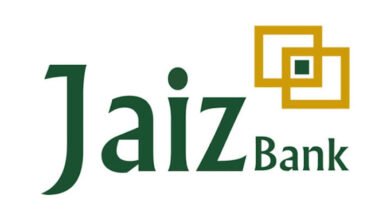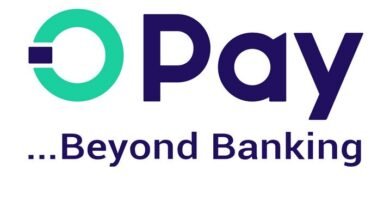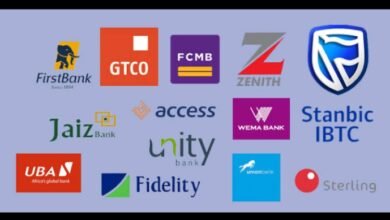What is a Cash-Out Refinance, and How Does it Work??
What is a Cash-Out Refinance?
A cash-out refinance basically enables the homeowner to refinance their home for an amount greater than the balance of the existing mortgage.
The homeowners then repay the existing balance plus the additional amount over the course of the loan period and are given a check for the amount above and beyond the balance of the existing mortgage.
The homeowners can use this check for any purpose they choose now and repay the debt along with the rest of the re-financed amount.
When is a Cash-Out Refinance possible?
A cash-out option is available when there is existing equity in the home. This is important because the lender is able to justify the practice of offering increased funds to the homeowner due to the value of the property.
This is because the lender feels as though the security of having the home for collateral does not put them at a high risk for the homeowner defaulting on the loan.
Homeowners who wish to take advantage of a cash-out refinance offered by a lender should inquire as to whether or not the lender offers this type of refinancing. This is important because not all lenders offer this option.
It should actually be one of the first questions the homeowner asks when inquiring about refinancing programs. Doing so will save homeowners, who are seeking a cash-out refinance, a great deal of time.

How Can the Cash be Used?
For many homeowners the most appealing aspect of cash-out refinancing is that the additional funds can be used for any purpose desired by the homeowner. The homeowner does not even have to offer the lender an explanation of how the additional funds will be used.
This is important because once the lender writes the check for the additional funds, he has no concern for how the money is used. This is because the amount of the additional funds is rolled into the re-financed mortgage.
The lender simply focuses on the homeowner’s ability to repay the mortgage and is not concerned with how the homeowner uses the funds which are released in the cash-out.
While the purpose of a cash-out refinance does not have to be disclosed to the lender, the homeowner would be wise to use these funds in a judicious manner. This is because the homeowner will be responsible for repaying these funds to the lender.
Some of the popular uses for funds collected from cash-out refinance include:
- Undertaking home improvement projects
- Purchasing items for the home
- Taking a dream vacation
- Putting money in a child’s tuition fund or
- Purchasing a vehicle
- Starting a small business
All of the reasons listed above are excellent uses of a cash-out refinance option. Homeowners who are considering this type of a re-financing option should also consider whether or not the deductions are tax deductible.
Using the cash-out option to make home improvements is jus one example of a situation where the funds can be tax deductible. Homeowners should consult their tax attorney on the matter to determine whether or not they are able to deduct the interest from the repayment of their refinancing loan.
Cash-Out Refinance Example
The process of a cash-out refinance option is fairly easy to illustrate with a simple example. Consider a homeowner who purchases $150,000 with a 7% interest. Now consider the homeowner has already repaid $50000 of the loan and would like to borrow an additional $20,000 to make a rather large purchase or invest in a small business.
With this additional funding available the homeowners have the opportunity to use the equity in their home to make their dreams come true. In the example above the homeowner may refinance for a total of $120,000 at a lower interest rate such as 6.25%.
This process allows the homeowner to take advantage of the existing equity in their home and also allows the homeowner to qualify for a substantial loan at a rate typically reserved for refinancing or home loans.
Final Thoughts
Reading till this very part, you should have understood what cash-out refinance means and some of its components. If not, kindly read carefully again. The comments section is available for any kind of questions you have.
Thanks for reading. Keep following Ayomikun Abraham’s Blog for more awesome articles on finance. I’ll see you in the next one.










Excellent write-up